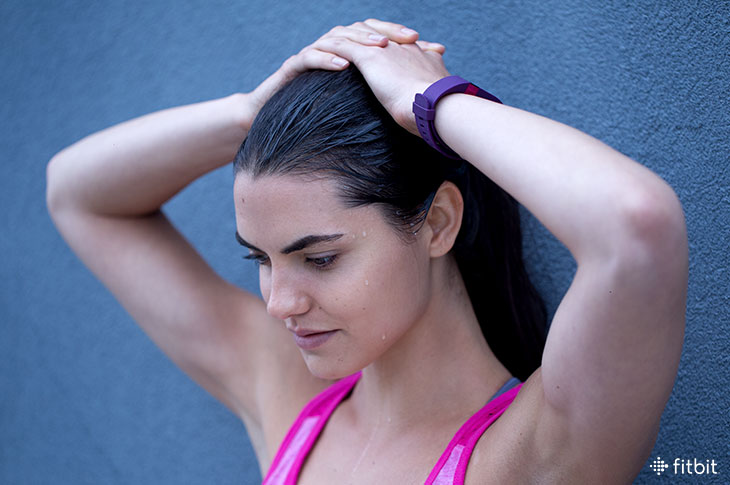 In the heat of the summer, sweat is probably at the forefront of your mind—the constant companion of all your outdoor workouts. And perhaps that’s a good thing.
In the heat of the summer, sweat is probably at the forefront of your mind—the constant companion of all your outdoor workouts. And perhaps that’s a good thing.
Earlier this summer, singer Selena Gomez said that sweat beds had completely changed her body and skin. The performer said she frequented California’s Shape House so much that she had a personal bed bought for her Revival tour. “[It] gets your heart rate up, and it gets everything flowing in your body,” she explained to Elle.
An interesting claim. But is it true? Is sweating actually healthy in itself? Workouts are not just movement, after all. The term “working up a sweat” is frequently used to describe a particularly fulfilling exercise session. And according to Michael Jonesco, MD, a sports medicine doctor at The Ohio State University Wexner Medical Center, Gomez isn’t totally off-base.
The doc says that you can think of sweat simply as salt water excreted from glands in our skin. “There are two types of sweat cells, eccrine and apocrine,” Jonesco explains. “Most of our glands are eccrine, which is mostly water, sodium, chloride, and potassium. Apocrine sweat glands, the types found in the scalp, groin, and underarm region have additional fatty acids and protein byproducts like urea and ammonia, also a brew house for bacterial growth—and thus the odor associated our sweaty gym clothes.
Jonesco says sweating is “very healthy,” helping the body maintain a normal core temperature. Although the literature on sweat is complex, there’s some evidence to suggest sweating more comes with benefits. In 2011, researchers found that humans did tend to excrete some toxic elements by way of their sweat.
Some people naturally sweat more than others, which is mostly a predetermined genetic phenomenon. “However, sweating can also be a trained response of our autonomic nervous system, an important trait in folks that live or exercise in extreme settings and temperatures,” Jonesco explains. In fact, according to a 2010 study, fit people seem to perspire more and quicker during workouts, allowing them to go harder.
Jonesco says that “a good workout is indeed a sweaty workout,” and should definitely be a goal of your weekly regimens. “No matter your activity, if you are stressing your body—which is what a good exercise program does to a safe degree—your heart rate and core body temperature should elevate as signs your body is being adequately stressed,” he explains.
So, you can go ahead and give yourself a pat on the back for every workout in which you’re downing water and sweating it back out. As for sweat beds, Jonesco is still a proponent of exercise for working up that daily glisten, and says you should always remember that excessive sweating due to temperature extremes can be dangerous. “I cannot emphasize the importance of hydration for anyone who plans to sweat a lot,” he explains.
Bottom line: You don’t need a sweat bed to get all the benefits of sweating, but that sheen on your brow is definitely healthy. Consider it a badge of honor.
This information is for educational purposes only and is not intended as a substitute for medical diagnosis or treatment. You should not use this information to diagnose or treat a health problem or condition. Always check with your doctor before changing your diet, altering your sleep habits, taking supplements, or starting a new fitness routine.

Ever since I was a little girl I have always sweat way too much. I couldn’t even breathe in warm air without my body temperature rising and sweat beads pouring down my face, underarms, back, and hands. I always thought that this issue would dissipate as I got older or as my body started to change. To my amazement, I was wrong. Now that I am much older and in my early forties, I am now experiencing peri-menopause which is only worsening my situation for night/day sweat, cold/hot sweats and just continuous sweating period. I find that I am a sincere lover of the cold seasons and I cannot function without either a fan, air conditioner or central air blowing all throughout the room in which I am in. I have seen two doctors in the past and have been told that my systems are normal. I guess I am destined to be a hot sweaty mess until I am laid to rest!